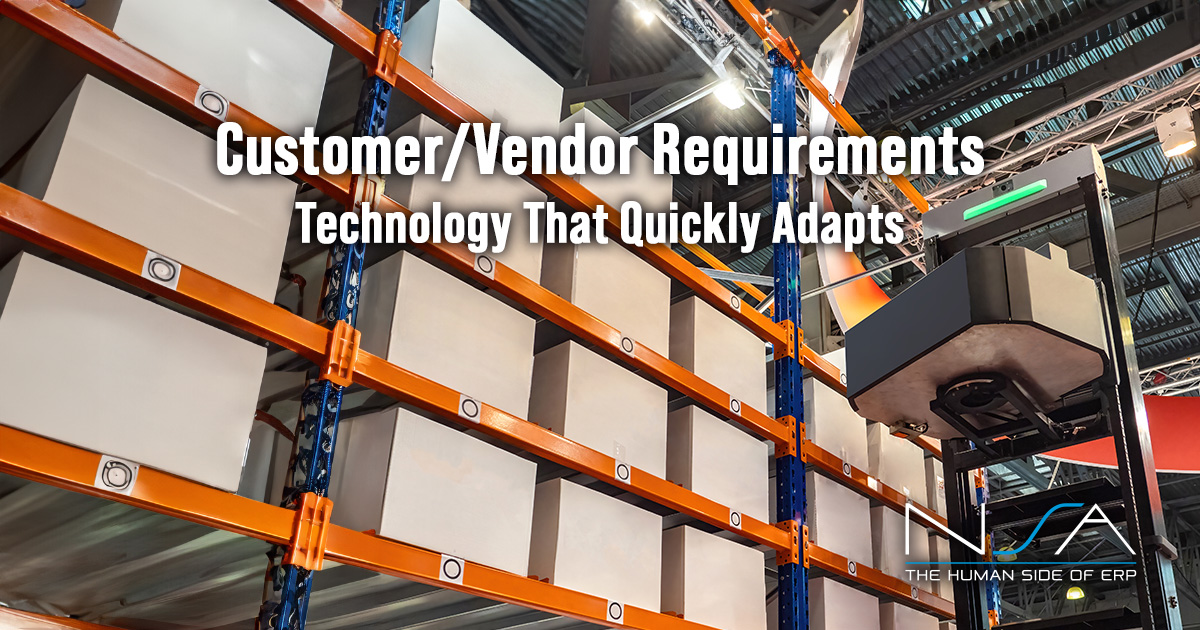An increasing number of businesses are moving to cloud services for their company. With so much talk about the cloud for business today, the possibilities can be overwhelming and confusing. The three main types of cloud computing consist of: private cloud, public cloud and hybrid cloud. Depending on your business you’ll want to investigate each type of these cloud services to understand which one is the right choice for your company. Below we discuss in more detail the differences between public, private and hybrid cloud computing:
The Public Cloud
The public cloud offers the most in terms of shared resources and efficiency. The services of the public cloud are provided over the Internet, off-site. The downside to this service is that they face more security and reliability issues than private clouds. The public cloud works well for companies that are involved in collaboration projects, and for those who are not looking to make a large capital investment. Instead, you get a predictable and low cost of ownership through your provider, which becomes an operating expenditure instead of a capital expenditure. Your off-site provider handles all of the management for you, so you will not be burdened with that task. However, you must be able to be OK with giving up that control.
The Private Cloud
Aptly named, the private cloud has its infrastructure and services maintained on a private network. Private clouds offer the highest level of control and security, but there is more cost involved than the public cloud. The business has to buy and maintain all the infrastructure and software, which increases the required investment. The private cloud is ideal for companies that deal in data and applications or an industry that must follow stringent data privacy and security issues. Your business must also be big enough to be able to handle running a cloud data center on its own in an efficient way.
The Hybrid Cloud
The hybrid cloud is increasing in popularity. It allows access to both private and public cloud services for greater scalability and flexibility, with reduced resource overcapacity. The hybrid cloud lets you keep each part of your business in the most efficient environment. There is the drawback of having to keep track of several security platforms and be sure that all aspects of your company are able to communicate with one another. The hybrid cloud is perfect for a company that is designed for vertical markets. The public cloud can be used to communicate with clients, while the private cloud can keep their sensitive data secure.
If you have any questions about which cloud service is the best choice for your business, contact us today! Our friendly and knowledgeable staff will get to know your business needs so we can develop the ideal solution for your organization.



